Brazilian police on horses clash with indigenous protesters, dressed in traditional costumes
You know what I find annoying about the World Cup? Loud self-congratulations by some people about how much they don’t care about the World Cup.
Yes, if you’re someone who doesn’t care about the games (like me), then the volume of coverage on traditional and social media can get tiresome. But it’s pretty silly to react by pretending that not following the World Cup is some subversive bit of counterculture. You’re not that special for not caring. And, as Alan Baxter rightly points out, if you say things like “people are idiots for being into the World Cup,” you’re the one being the condescending, puritan asshole. Especially since the people who say this are more likely to enjoy things that mainstream society finds silly. Not to mention the serious fucking class and racial implications of thinking those into soccer are unintelligent or inferior.
There are of course other objections to trends in the game, like nationalism, racism, sexism, violence etc. These need to be addressed but mixing that in with smarmy finger-wagging at the aesthetics does not help. International soccer is deeply intertwined with the general culture and inherits (or provides a platform for) many problems — like anything else. Shaming people about watching while denying any legitimacy in their enjoyment won’t fix those problems though, but it will create new ones.
Not that soccer isn’t used as an important cultural signifier. Just Google all the conservative US people who think “[s]occer is the sport of the socialist international intelligensia. Americans couldn’t give damn about their touchy-feely cultural Marxism” [Source]. But there’s a lot more to the World Cup than culture wars.
You know what I find annoying about the World Cup? Not talking about the problems that come with it.
When non-fans spend time disparaging the aesthetics or the “spectacle”, it’s generally at the expense of some of the harm that the specific events (in this case the World Cup itself) cause. And boy are there plenty.
The current World Cup is being held in Brazil. There are a lot of other things happening in Brazil. There are loads of indigenous tribes struggling and failing to keep their ancestral lands. The Amazon is in a constant state of war between the logging/ranching corporate interests and the tribes living on the land. Environmental activists trying to stop this and to bring attention to what’s happening in the Amazon are being killed at a rate of one a week. Families are being held up at gunpoint forced to give up their homes and sign papers that they have been compensated. And like many countries, indigenous people are being persecuted like hell. Which is why they’re protesting the World Cup and for their rights, the lack of coverage showing exactly what the world’s priorities are.
Meanwhile, there are favelas with terrible living standards, high crime and gang violence, systemic poverty all fuelled by mass corruption at every level. The tourist dollars do not reach the people affected; if anything the amount of money the government has spent on the Cup has cut into services. This is expressed by a great bit of graffiti art in Brazil: we need food not a World Cup.
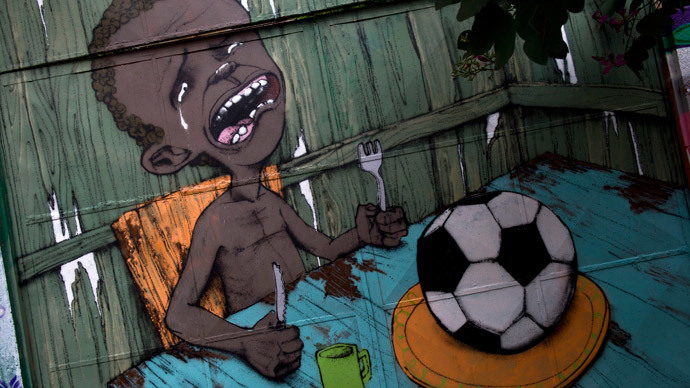
The next World Cup will be in Russia. And to be fair, there was a lot of coverage about the human rights situation during the Sochi Games. Although even then, the focus was on institutional homophobia to the extent that it almost seemed like that was the only human rights problem in Russia. I can assure you there’s more. But still, even to a lot of people I personally know, the Olympics were just a regular sports game. There was not a peep about the implications of what watching the games means. I don’t think the Russia World Cup will be much different.
And then after that will be Qatar. This is an actual World Cup that migrant workers are dying for. It has been estimated that 4000 workers will die building the World Cup infrastructure. The reasons are outlined in this podcast. Mainly, workers are brought from overseas (mostly South Asia) under false pretences. Their passports are then taken and they cannot leave the country without their employer’s permission. This gives employers all incentives to treat them as livestock, putting them up in horrible conditions, making them work in Qatar’s great heat without water, not feeding them enough (even though Qatar is THE richest country on earth per capita), working them to death and so on.
Qatar was recently named the worst country in the world to be a worker. And FIFA is concerned. Sorta. So this isn’t just a tangential social cost of the World Cup, it’s literally a human rights abuse so that hundreds of millions of people could watch a game they find enjoyable.
Protest sign with picture of a migrant worker saying ‘Bide, Labourer. We had to bear the medical costs if we were injured. The manager said workers were responsible for their own safety. No World Cup without worker’s rights. Tell Qatar: do the right thing’
To be clear, I’m not finger-wagging at fans. I think most just don’t know enough, although that’s a big problem in itself. Most people’s enjoyment of the Cup would suffer if they were more aware of the great suffering that it causes. (If not then I won’t just finger-wag but give you the finger — your leisure is not more important than people’s lives.) But that should be true for people like me, who couldn’t care less about the actual soccer.
It’s time for fans and non-fans alike to pay less attention to culture wars around the Cup’s meaning and more on what’s really important about the Cup. And then watching it really can be a matter of non-judged personal preference.

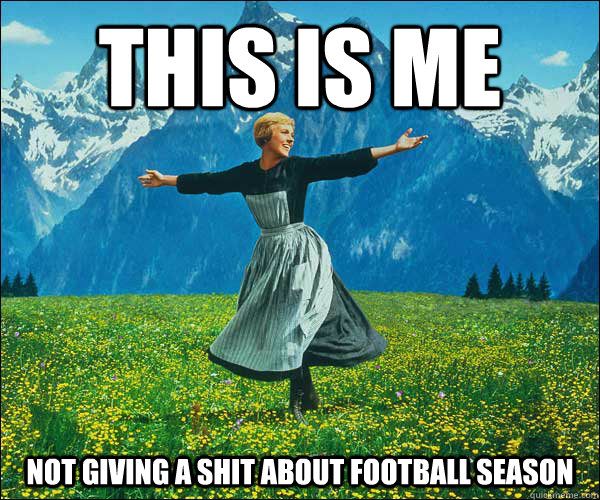
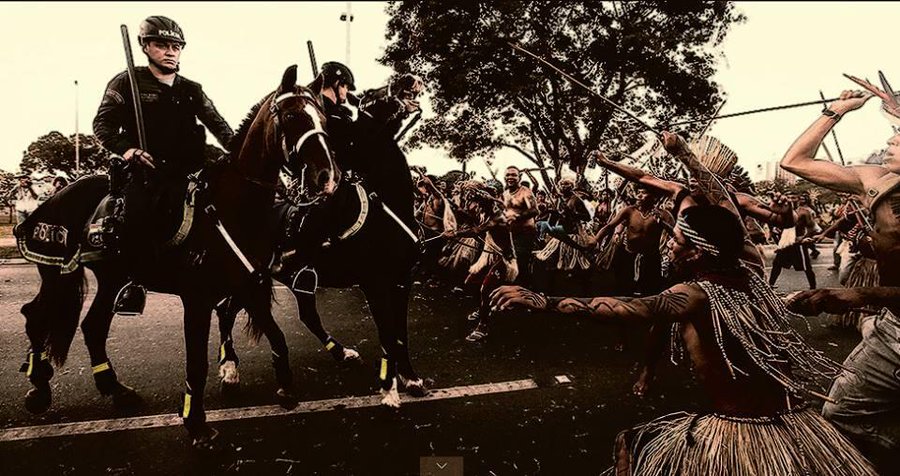

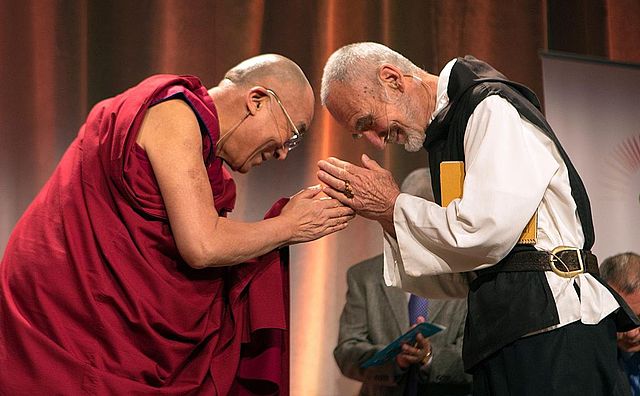
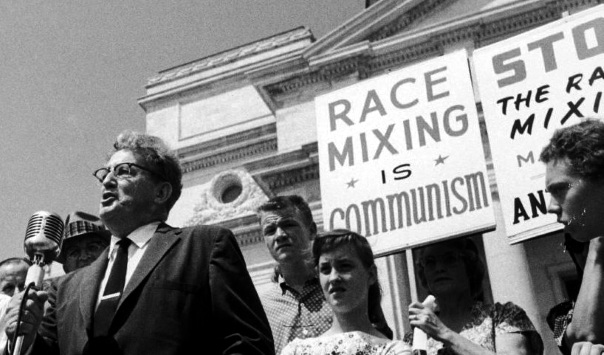
0 Comments